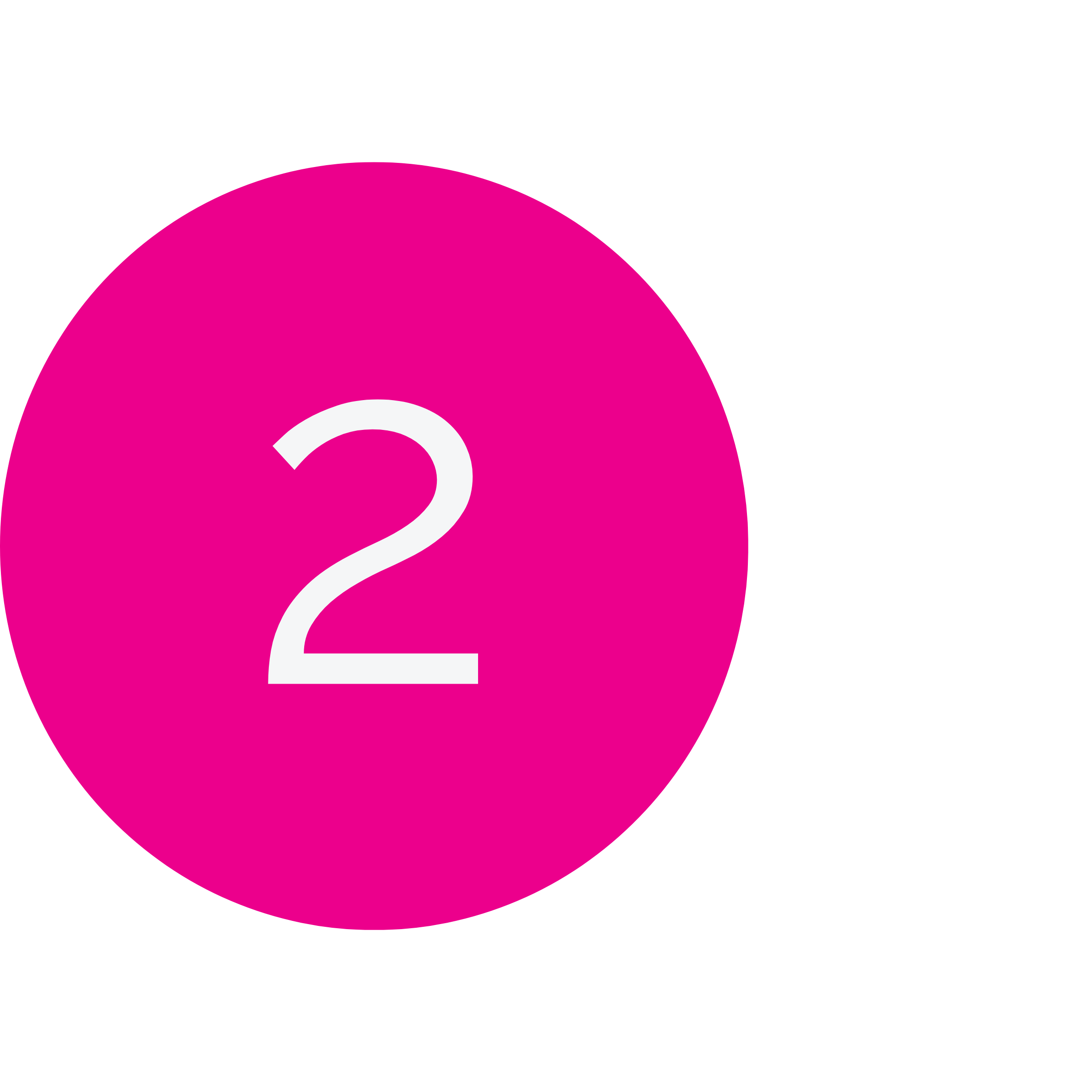65th ASH Annual Meeting
Theme 3: Bispecific and trispecific antibodies
Research on T-cell engaging BsAbs, which redirect cancer-fighting T-cells to specific targets on tumor cells, is a rapidly evolving field in hematologic malignancies, reflected by the high volume of research on these agents reported at this year’s ASH Annual Meeting. Several BsAbs are already FDA approved in R/R lymphomas (e.g., mosunetuzumab, epcoritamab, and glofitamab), R/R MM (e.g., teclistamab, elranatamab, and talquetamab), and R/R ALL (e.g., blinatumomab). The field continues to evolve with impactful ongoing research on approved therapies and the development of novel bispecific and trispecific T-cell engagers. A few examples are highlighted here.


Glofitamab—R/R LBCL
(Fixed-duration CD20 × CD3 bispecific T-cell engager)
In a long-term follow-up of the pivotal Phase 2 trial of fixed‑duration glofitamab in R/R LBCL, most patients with CR were in remission at 2 years, and response outcomes were similar in patients who had previously received CAR T‑cell therapy.1 In subgroup analyses, high TMTV at baseline was associated with worse PFS. It was also associated with greater risk of grade ≥2 CRS, which may have clinical practice implications for the safety of outpatient glofitamab administration in these patients.

Odronextamab—R/R FL and DLBCL
(CD20 × CD3 bispecific T‑cell engager)
Final results from the Phase 2 ELM-2 study of odronextamab in heavily pretreated R/R DLBCL demonstrated deep and durable responses, confirming its promising clinical activity.2 Notably, more favorable PFS outcomes were seen in patients with the EZB DLBCL subtype compared with MCD or other subtypes. A separate prespecified second interim analysis of ELM-2 in heavily pretreated R/R FL also demonstrated deep and durable responses, as well as favorable long‑term survival outcomes.3 Based on Phase 1 and 2 data, the FDA has granted odronextamab priority review in patients with R/R FL or R/R DLBCL after receiving ≥2 prior systemic therapies.

NVG-111—R/R CLL and MCL
(ROR1 × CD3 bispecific T‑cell engager)
In a first-in-human, proof‑of‑concept Phase 1 study, the novel ROR1 × CD3 bispecific T-cell engager, NVG-111, was evaluated in heavily pretreated patients with R/R CLL or R/R MCL, either as monotherapy following progression while receiving a cBTKi or BCL2i or in combination with ibrutinib in patients who have a PR with ibrutinib treatment following >1 year’s treatment.4 Results demonstrated evidence of antitumor activity and an encouraging response durability, and they provide proof of concept for targeting ROR1 with a bispecific T-cell engager in these populations.

JNJ-79635322—Preclinical
(BCMA × GPRC5D × CD3 T-cell redirecting trispecific Ab)
The novel T-cell redirecting trispecific antibody, JNJ-79635322, demonstrated positive preclinical activity, depleting single and dual target-expressing MM cells in vitro.5 Activity was also shown in vivo in murine MM models. This agent is being evaluated further in a Phase 1 study (NCT05652335).
ALL, acute lymphoblastic leukemia; BCL2i, B-cell lymphoma 2 inhibitor; BCMA, B-cell maturation agent; BsAb, bispecific antibody; CAR, chimeric antigen receptor; cBTKi, covalent Bruton tyrosine kinase inhibitor; CD, cluster of differentiation; CLL, chronic lymphocytic leukemia; CR, complete response; CRS, cytokine release syndrome; DLBCL, diffuse large B‑cell lymphoma; EZB, genetic subtype including EZH2 mutations and BCL2 translocations; FDA, US Food and Drug Administration; FL, follicular lymphoma; LBCL, large B‑cell lymphoma; MCL, mantle cell lymphoma; MM, multiple myeloma; PFS, progression-free survival; PR, partial response; R/R, relapsed/refractory; ROR1, receptor tyrosine kinase-like orphan receptor 1; TMTV, total metabolic tumor volume.
1. Hutchings M et al. ASH Annual Meeting 2023. Abstract 433; 2. Ayyappan S et al. ASH Annual Meeting 2023. Abstract 436; 3. Villasboas JC et al. ASH Annual Meeting 2023. Abstract 3041; 4. Townsend W et al. ASH Annual Meeting 2023. Abstract 329; 5. Pillarisetti R et al. ASH Annual Meeting 2023. Abstract 456.